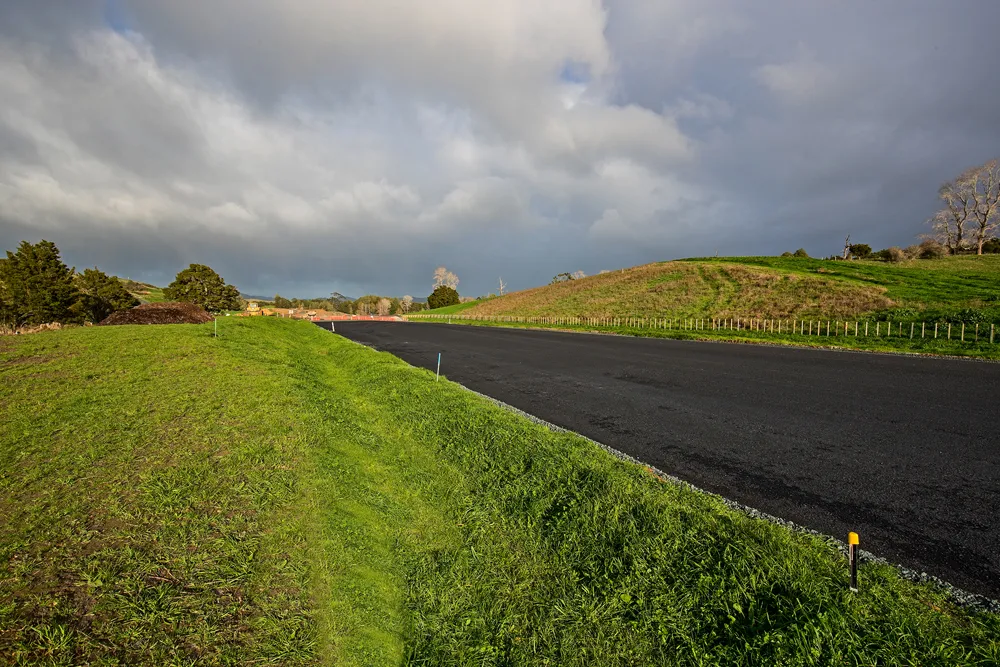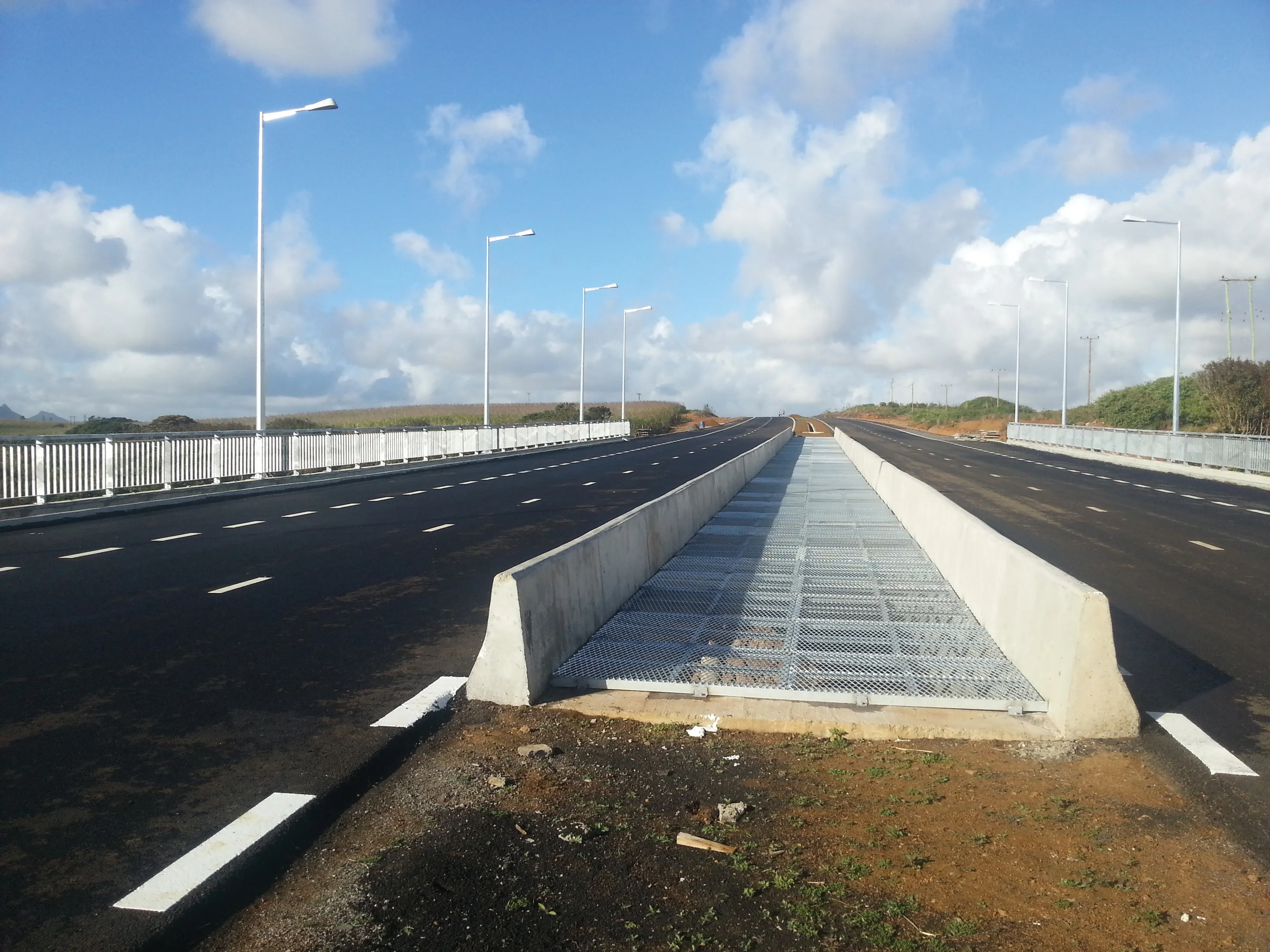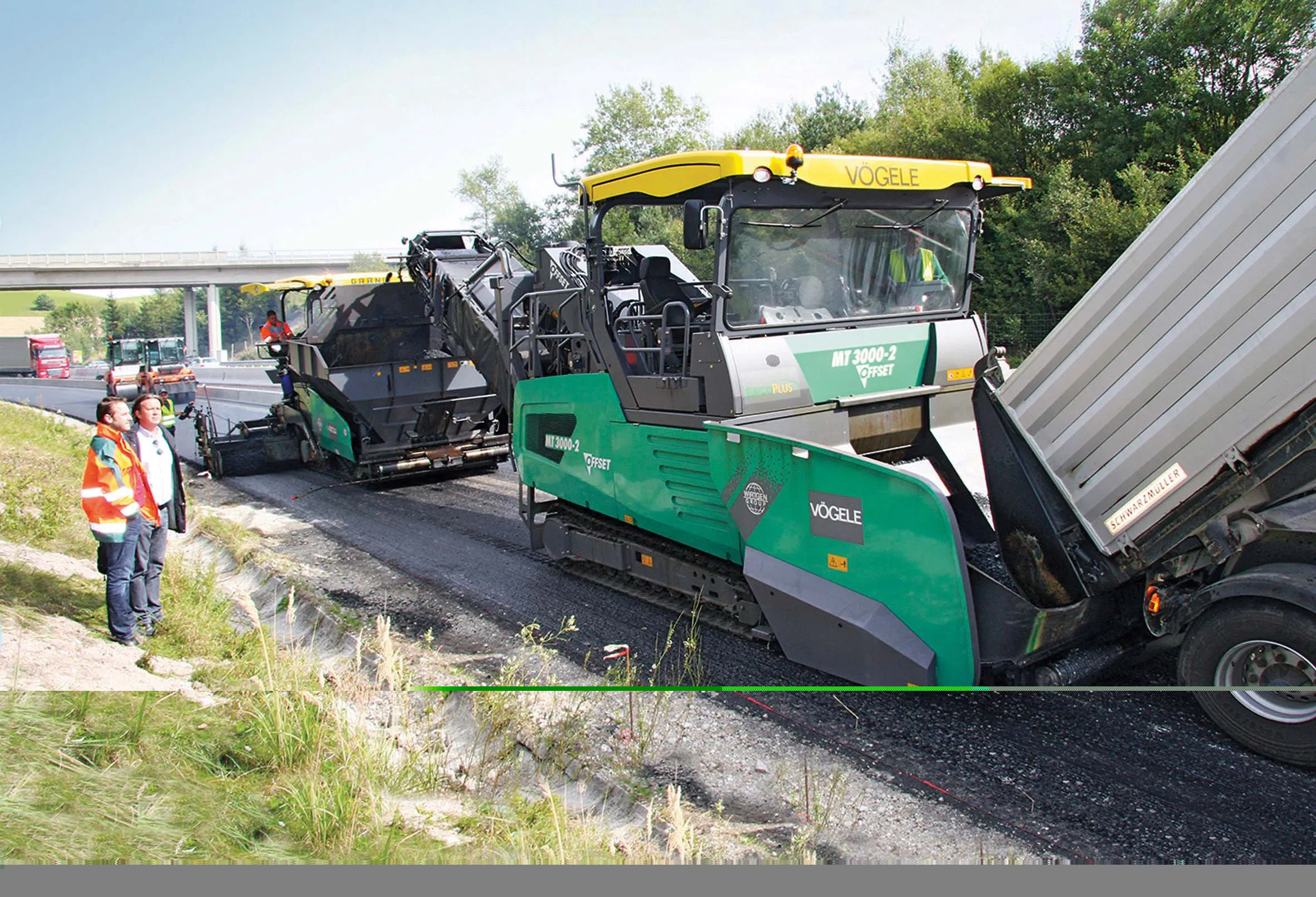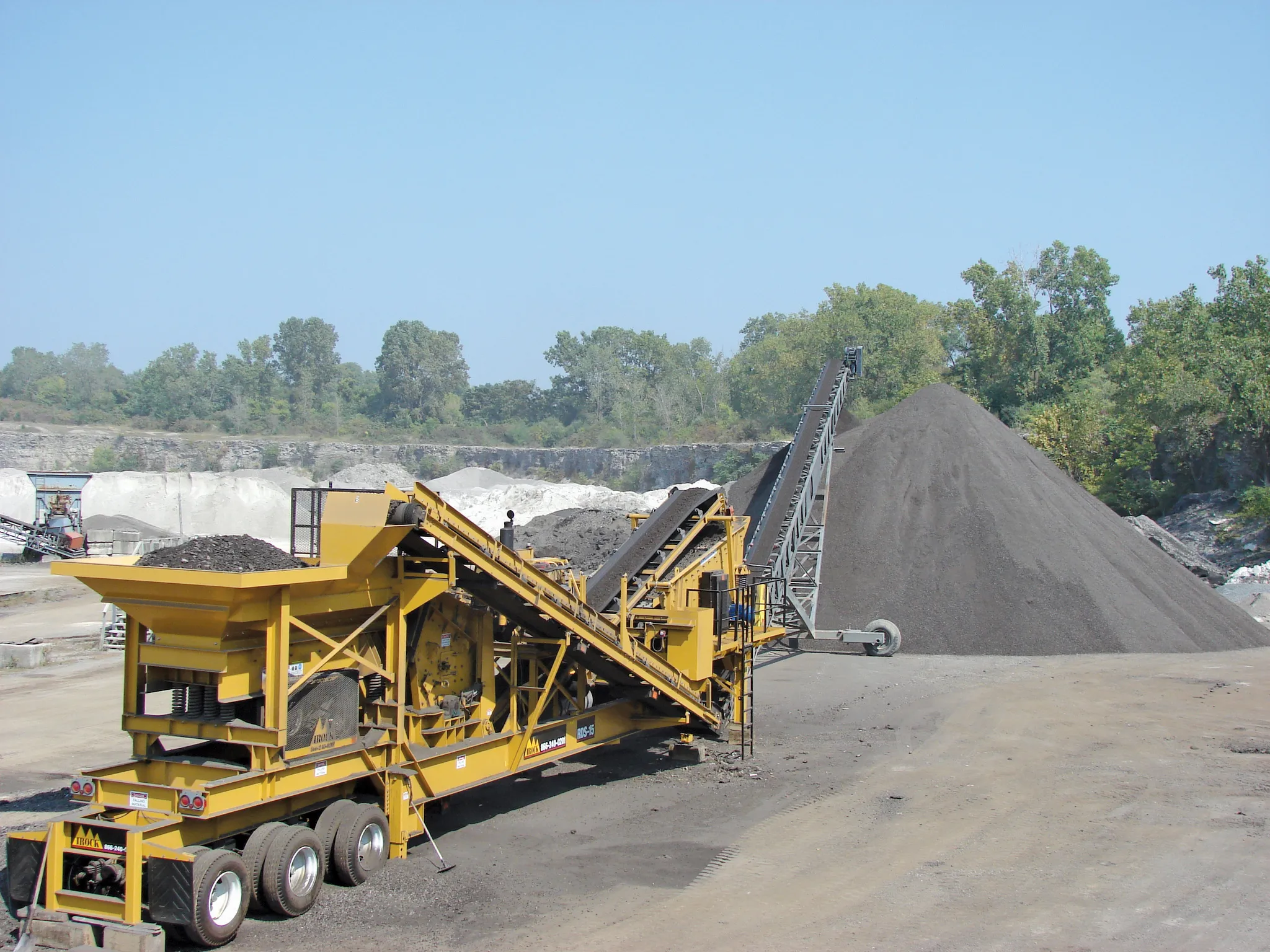The State of Pernambuco in north-eastern Brazil has some of the country's most beautiful beaches, and on the peninsula of Cabo de Santo Agostinho a luxury resort has sprung up with apartments (condominios) and hotels for international tourists. To give the resort a convenient, fast link to the coastal highway, the Via Parque consortium is building a bridge over the Jaboatão River, which separates the peninsula from the mainland.
March 1, 2012
Read time: 2 mins
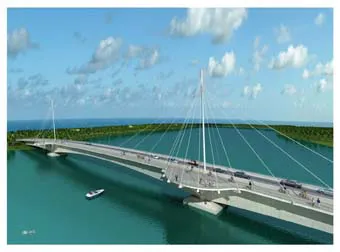
The State of Pernambuco in north-eastern Brazil has some of the country's most beautiful beaches, and on the peninsula of Cabo de Santo Agostinho a luxury resort has sprung up with apartments (condominios) and hotels for international tourists.
To give the resort a convenient, fast link to the coastal highway, the Via Parque consortium is building a bridge over the Jaboatão River, which separates the peninsula from the mainland.
The 320m long Ponte do Paiva across the river has a clear span of 290m, and is part of a new road system that will cut the journey from the airport to the peninsula from 48km to 14km. It will have two traffic lanes and a pedestrian and cycle lane.
The reinforced concrete box girder is being constructed using the cantilever method, working outward from the two pier heads and back-stayed in every casting section. Via Parque opted for203 Doka Brasil to supply the formwork, and it planned and supplied a custom formwork solution that was optimally tailored to the specific requirements.
The four cantilevered forming carriages were fitted with a total of 1,000m² of large-area formwork Top 50. The formwork solution called for particular flexibility in the seventh casting section, which at 5m in length is twice as long as a typical section. Using stacking plates and 1.8m long formwork beams, it was possible to lengthen the formwork to the desired dimensions swiftly and safely.
A Doka field service technician coordinated the job of erecting the formwork solution correctly, and was on hand to assist the site team with advice and practical help throughout the start-up phase.
Although the crane had not been erected, forming operations on the foundations of the pier heads had to be started, and Doka Brasil supplied the site with the lightweight, rugged framed formwork Frami. Its low weight means that it can be shifted by hand.
"Even without crane assistance, some very good forming times were achieved with it on the site. Thanks to the logically coordinated panel formats, the crew was able to form the foundations with a minimum of prior planning," said Doka.
The site crew also used Frami on the pier-head itself.
To give the resort a convenient, fast link to the coastal highway, the Via Parque consortium is building a bridge over the Jaboatão River, which separates the peninsula from the mainland.
The 320m long Ponte do Paiva across the river has a clear span of 290m, and is part of a new road system that will cut the journey from the airport to the peninsula from 48km to 14km. It will have two traffic lanes and a pedestrian and cycle lane.
The reinforced concrete box girder is being constructed using the cantilever method, working outward from the two pier heads and back-stayed in every casting section. Via Parque opted for
The four cantilevered forming carriages were fitted with a total of 1,000m² of large-area formwork Top 50. The formwork solution called for particular flexibility in the seventh casting section, which at 5m in length is twice as long as a typical section. Using stacking plates and 1.8m long formwork beams, it was possible to lengthen the formwork to the desired dimensions swiftly and safely.
A Doka field service technician coordinated the job of erecting the formwork solution correctly, and was on hand to assist the site team with advice and practical help throughout the start-up phase.
Although the crane had not been erected, forming operations on the foundations of the pier heads had to be started, and Doka Brasil supplied the site with the lightweight, rugged framed formwork Frami. Its low weight means that it can be shifted by hand.
"Even without crane assistance, some very good forming times were achieved with it on the site. Thanks to the logically coordinated panel formats, the crew was able to form the foundations with a minimum of prior planning," said Doka.
The site crew also used Frami on the pier-head itself.


